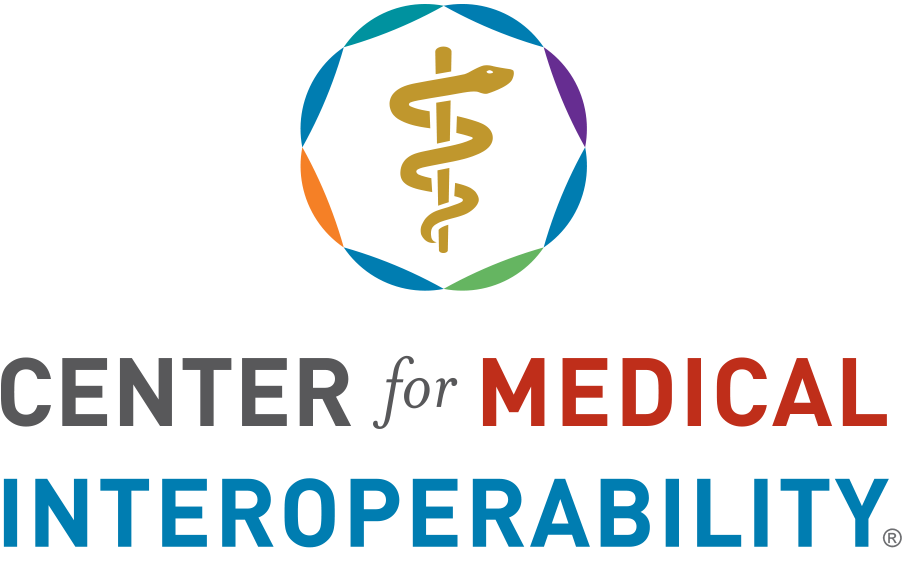The health care sector is seen as both a blessing and a curse to cities. On one hand, the sector continues to be a solid and steady employment base for regions. On the other hand, many of these jobs aren’t high-paying. Nationally, steep health care costs have placed untenable financial burdens on both individuals and families.
Missing from this narrative, in any event, is another, newer storyline about how cities can use health care-related economic activity as a source of high-value innovation and entrepreneurship to create well-paying jobs and grow the economy. In a new publication, for example, my coauthors and I focus on metro Nashville as a case study, analyzing how cities can leverage information technology (IT) to build best-in-class regional health care industries. But unlike the preponderance of literature, our expertise is not on health outcomes, but on how cities can create competitive industries—industries based not on the legacy model of high-cost fee-for-service care, but on a new business model driven by technology and value to patients.
Massive changes are underway in the U.S. health care system, shifting the competitive landscape, opening up new opportunities for some regions, and undermining traditional strengths in others. Information technology is playing a revolutionary role in these trends.
First, the passage of the Patient Protection and Affordable Care Act in 2010 inaugurated an era of unprecedented expansion in access to both care and health insurance. It also signaled the government’s intent to drive health care toward a value-based system based on health outcomes, threatening the solvency of those care providers that refuse to adapt.
Second, as patients become fed up with high costs, new competitors are emerging—particularly in outpatient care. For example, CVS’s Minute Clinics have grown at an average rate of 18 percent annually during the last several years, and between 2007 and 2013, patients using retail clinics increased by 133 percent. As Brookings scholar Jonathan Rauch wrote, “Health care is beginning to taste the disruptive culture of Silicon Valley, retailing, and many other American sectors.”
To say IT has disrupted nearly every other sector of the economy is an understatement. Yet its most disruptive opportunities are yet to come in health care, a field that has lagged behind other segments of the economy in adopting IT and data-driven innovation. Providers, payers, and suppliers across the care continuum are ramping up investments in data, analytics, and IT and finding abundant opportunities to carve out value and increase quality and productivity throughout the system.
Given all these macro forces, why focus on Nashville? The opportunity for Nashville revolves around multiple areas of competitive advantage: large and stable health care companies; a young but growing software sector, and; a high concentration of health-related research at Vanderbilt University. All position the region to emerge as a center for innovation in health IT.
Like many American cities with longstanding strengths in clinical care, hospital management, and research, Nashville is facing new competition from tech insurgents in places like San Francisco, Austin, and Seattle that are literally decades ahead of most the country in terms of IT talent and companies.
Given legacy strengths, but a clear and present danger to its competitive position, what should a city like Nashville do? The region—including its public, private, higher education, and philanthropic leadership as well as state government—should focus on efforts to strength its capabilities and competences. To improve commercial innovation in health care, the city should work with Vanderbilt to simplify technology transfer from the university, which continues to be arduous. To enlarge the region’s software workforce, stronger connections need to be forged between the city’s large health care companies and Nashville’s many software entrepreneurs, enabling more creative actors to understand the complex world of care delivery and payment reimbursements. Finally, Nashville—like many cities not known for its software industry—needs to put itself on the map for health IT. The city and its private-sector partners should develop a comprehensive firm attraction and marketing strategy.
No one really knows what health care in America will look like in ten years. Many have only experienced a bloated, inefficient, costly, and unfair system. But policy and economic forces are putting that legacy system under extreme pressure. With any luck, a new system will emerge. The question now becomes: Which U.S. cities will seize the moment to gain economic advantage?
The Brookings Metropolitan Policy Program would like to thank UnitedHealth Group, HCA Healthcare, and other members of its Metropolitan Council for its support of the program.
